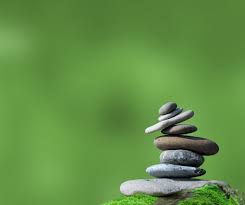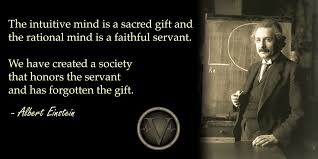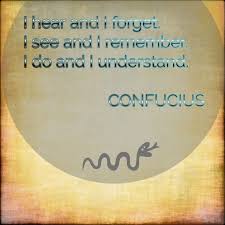
Zen and wisdom have one major thing in common. We know far too little about them. An interesting point about them is they may be interchangeable. I could have titled this post, The Wisdom of Zen. There’s a beautiful symmetry in that, but this isn’t about Zen. As I understand it, Zen is a movement within Mahayana Buddhism that teaches enlightenment through direct “absorption” rather than through studying books and manuscripts unless they somehow aid in bringing enlightenment to the reader as an actual experience. So, the Zen of wisdom suggests that wisdom is gained through experience and not reading about it or hearing people talk or watching television.
Conceptual Versus Practical
The argument may arise that in order for there to be a growth in wisdom, the person must receive information, which requires reading or listening or watching. We could throw in some other senses there as well. It’s not that any of these sensory inputs couldn’t help us in our quest for wisdom, but the fact that we’re exposed to them doesn’t guarantee we’ll be able to glean any understanding from them either.
Sensory perception is limited. We use our five senses and information is processed through our brains. As fantastic as our brains are, they are not infallible. There have been studies that show how the brain can be inadequate in its interpretation of external stimuli. A TV show called Brain Games has interactive segments that demonstrate how the brain can be deceived or simply can’t be accessed fully to use all the data we are bombarded with from moment to moment. With all of the distractions of our daily lives, we can’t trust that what we read, hear or see is the whole truth.
The larger point is that written content, verbal input and visual entertainment provide us most of the time with a conceptual understanding of their subjects. We can get it, but not really get it. An example of this would be a tutorial on how to drive a vehicle with a manual transmission, how to feel when the time is right to lift the foot off the clutch, to a person who has exclusively driven vehicles with automatic transmissions. They may understand it conceptually, but only with experience do they grasp it on a practical level.
This is what the Zen master wants, that we know on a deep level what it is that’s being taught. Occasionally, when we least expect it, something we take in through reading or whatever can hit us like a ton of bricks and we truly internalize it. That’s great, but we’re more likely to completely understand through the process of experiential learning or coming to know through our intuition.

Developing Wisdom
The only true wisdom is in knowing you know nothing.
― Socrates
If you’re 16 years old and you read this quote, you’re probably discounting it. If you’re 16 and you see the truth in it, you’re way ahead of me at that age. The older you get, the more you realize you don’t really know anything. Yet, there’s a wisdom in this knowledge that you know nothing. And if you go far enough into it, there’s peace to be had in the uncertainty. I do feel certain that wisdom gets a foothold when we comprehend Socrates’ words.
Most of us are going to gain some wisdom along the path of experience we travel. One bit of it that I did get by watching someone in real life would be worded something like, “Don’t snow ski on a dirt road while being towed by a car.” We can accelerate our accumulation of wisdom by being open to it. At some point in life, many people develop an attitude that they know it all and stop being open to learning more about the world. Being thirsty for greater wisdom opens the floodgates. With that attitude comes humility such as Socrates illustrated.
Developing wisdom is a game of growth and, as such, it brings with it growing pains. Here is a quote I like along these lines:
Developing the muscles of the soul demands no competitive spirit,
no killer instinct, although it may erect pain barriers
that the spiritual athlete must crash through.
– Germaine Greer
Be Yourself
A saying comes to mind. Experience is the best teacher. This is our own experience, not someone else’s. Our everyday events are our teachers and they’re in the people we know and meet. They’re in our successes and failures. Most of all, there’s a teacher within. Pay attention. Allow the teacher to be heard in the silences and the spaces. Peace and wisdom!
